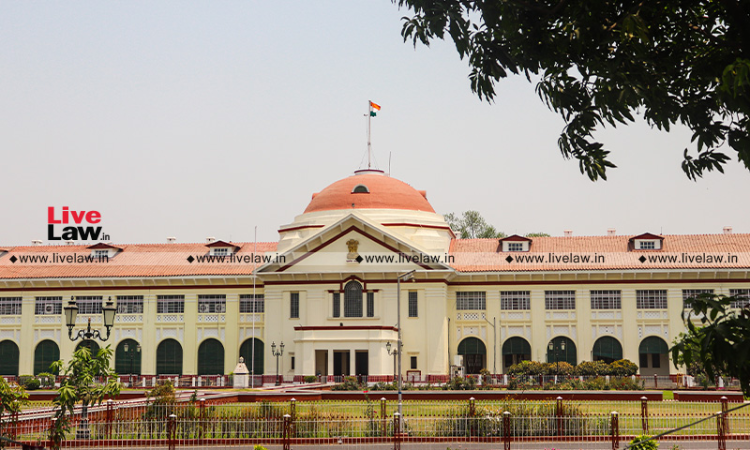Patna High Court Holds OBC/EBC Quota In Bihar Municipal Body Polls Illegal, Directs SEC To Renotify OBC/EBC Seats As General Category
Sparsh Upadhyay
6 Oct 2022 1:19 PM IST

Next Story
6 Oct 2022 1:19 PM IST
In a significant decision, the Patna High Court on Tuesday held that the reservation of seats for Other Backward Classes (OBC) and Extremely Backward Classes in urban local body elections were illegal. The Court categorically held that providing for the quotas in question had "failed two out of three tests" set by the Supreme Court in the case of Vikas Kishanrao Gawali v. State...
